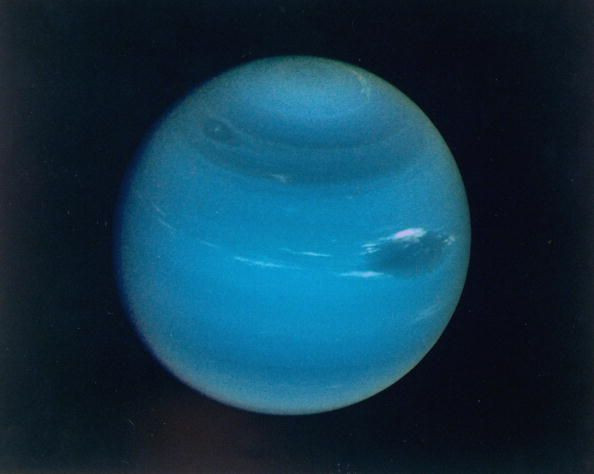NASA Marks Target For Future Alien-Hunting Missions

NASA's search for alien or extraterrestrial life continues as it identified a key target for future missions.
Neptune's icy moon Triton could hold the key for alien discovery. As water is one of the basic foundations of life, the icy moon that may have an ocean in it, could be a good target, according to NASA’s Jet Propulsion Laboratory proposal. The submission proposes for a spacecraft that will be used in a mission to Triton, Neptune’s largest moon and also known as the coldest object in the solar system.
Dr. Amanda Hendrix, a NASA scientist, told the New York Times that Triton has exciting hints of being active and possibly containing an ocean. A mission to it will be a triple treat considering that scientists can check for a possible interesting ocean world, examine the Neptune system and even get the chance to see a Kuiper belt object without visiting it all the way there.
The Triton mission would provide scientists the opportunity to visit the planet and its moons since it came to the radar in the 1980s. Previously, scientists suggested that Triton could be a Kuiper object thrown into the gravitational pull of Neptune some billion years ago.
Louise Prockter, director of the Lunar and Planetary Institute in Houston and the principal investigator of the proposed mission, emphasized that it is now the time to proceed with the mission.
Throughout the years, the idea of how life could exist beyond Earth have considered more and even extreme possibilities. Triton's ocean and it's colder than freezing point water may hold clues that can help advance research on alien life. If NASA finds water in Triton, then it could be a key target for possible alien-hunting missions.
The Triton mission would involve developing a new type of spacecraft called Trident. It would fly to Triton to capture images of the object while also examining its chemical and atmospheric composition for indications of an actual ocean. If Trident can send back data confirming the ocean in Triton, then it can expand the idea of where else could the solar system sustain life.
However, before the mission could proceed, it has to fight a battle first on Earth. The proposal is also up against other missions like a return to Venus, visit to Jupiter’s moon Io and even the Moon exploration. Proponents of Trident hope that they will get the agency's support because they are recommending a way to explore the farthest known planet in the solar system without burning through billions of dollars that missions of its extent would require.
© Copyright IBTimes 2024. All rights reserved.





















